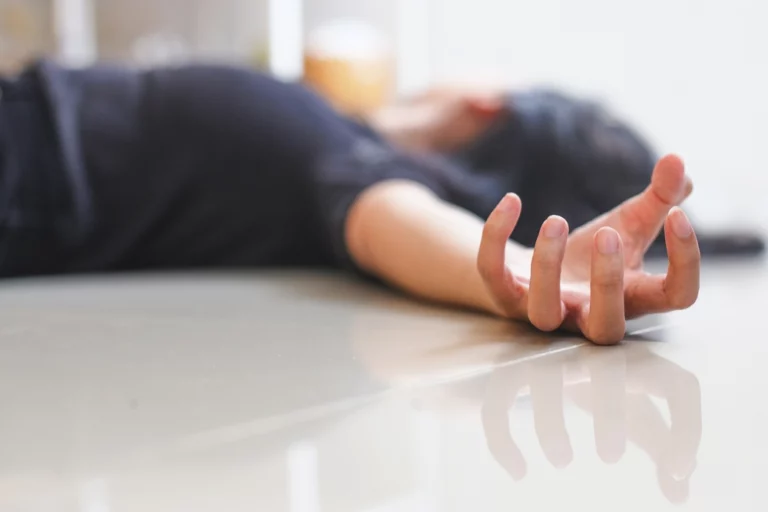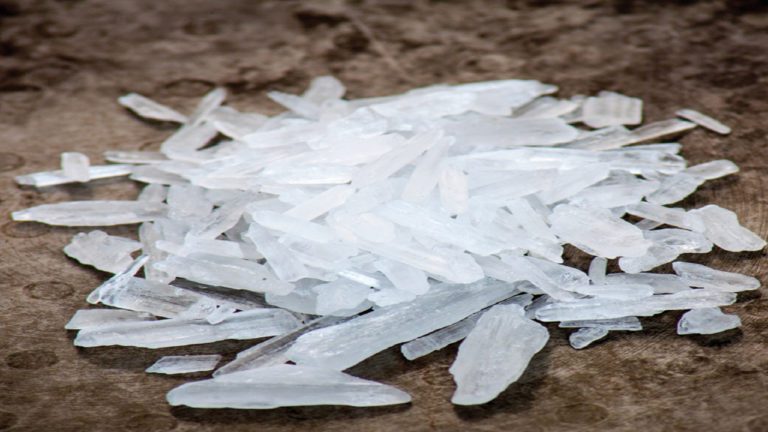The 3 Steps of Medically-Assisted Opioid Detox
Medically-assisted detox is the process of weaning a person off drugs under medical supervision. As a preparatory service, detox is often an individual’s introduction to addiction treatment. Since this is often the most uncomfortable stage of treatment, opioid agonists like methadone and buprenorphine may be used to help manage unpleasant withdrawal symptoms.
Medically-assisted withdrawal can also be used in cases where people have become physically dependent on drugs. This blog will take you through the 3 steps of medically assisted opioid detoxification.
The 3 Steps of Medically-Assisted Drug Detox
Medically-assisted withdrawal is a process that happens over the course of days to weeks. It requires regular monitoring by a healthcare professional, who will help manage any withdrawal symptoms and administer fluids and medications as needed.
Step 1: The First Few Days
When people withdraw from opioids, they are likely to experience a variety of symptoms which could include nausea, vomiting, muscle aches and pains, sweating, fever, insomnia, and irritability. Initially, people may be given medication to ease these symptoms and prevent some of them from occurring altogether.
Methadone and buprenorphine will be the drug of choice for most people. Opioid agonists work by blocking the receptors that opioids latch onto, reducing tolerance and reducing withdrawal symptoms.
They are safe and effective, but they do not produce a high when taken as prescribed. The goal with these medications is to reach stable levels so that your body can function without any opioid drugs in it. It may take a few weeks before you’re ready to stop these medications and move on to the next step.

Step 2: Weaning off Medications
It’s important for the person withdrawing from drugs to be monitored closely during this time. The weaning process begins when the dosage of opioid agonists is gradually reduced until it is discontinued completely. This should take a significant amount of time so withdrawal symptoms don’t flare up too severely in between doses or stages of weaning.
Step 3: The Final Steps
Once the person has withdrawn from opioids completely and they’re no longer experiencing withdrawal symptoms, it’s important to provide them with appropriate counseling on how to avoid relapsing back into substance abuse. Additionally, it’s essential for the patient to seek continued, more intensive addiction care within a treatment program.
What are the side effects of withdrawal?
Opioid withdrawal symptoms can be both uncomfortable and dangerous to one’s health. Some of the most common withdrawal symptoms include:
– Diarrhea
– Nausea or vomiting
– Muscle aches
– Tremors and shakes
– Insomnia
– Anxiety and depression
– Severe cravings for drugs
How long does withdrawal take?
One of the most common questions people have about medically-assisted withdrawal is how long it will take. A good way to estimate this time is to consider how long you’ve been taking the drug.
For those who are dependent on opioids, withdrawal can take anywhere from a few days to 10-14 days. For stimulants, like ADHD medications and amphetamines, withdrawal can take anywhere from 3-10 days. For depressants, like alcohol and benzodiazepines, withdrawal can last anywhere from 7-25 days.
The time it takes for withdrawal will depend on the drugs used as well as on other factors like your age and weight. The more drugs you’ve been using over an extended period of time with no breaks in between, the longer withdrawal will take.
Above all else, it’s important that you stay hydrated during the process of medically assisted withdrawal in order to manage any side effects that may arise from dehydration or decreased blood flow to organs due to decreased substance use.
Medically assisted withdrawal schedule
Medically assisted withdrawal is a safe, effective, and evidence-based treatment. It typically begins with the use of opioid agonists like methadone and buprenorphine to help manage withdrawal symptoms. In some cases, it may require a slower detoxification schedule.
The steps of medically assisted withdrawal are as follows:
1) A medical evaluation
2) An opioid taper
3) Maintenance medication
4) Aftercare coordination
Opioid Rehab After Detox
Entering a rehab program is crucial after detoxing is because it provides you with a safe and controlled environment. When you are going through detox, your body is going through a lot of changes and it can be very difficult to cope with everything on your own. Rehab provides you with a team of medical professionals who can help you through the process and make sure that you are as comfortable as possible.
Another reason why rehab is so important is that it can help to prevent relapse. Detoxing from drugs or alcohol on your own can be a very difficult process, and it is often tempting to relapse during this time. If you go to rehab, you will have access to support and resources that can help you stay on track.

Oasis Recovery is Here For You
Medically assisted withdrawal is a safe and effective way to help individuals who have become addicted to opioids or other drugs to manage their withdrawal symptoms and safely detox without the risk of seizures or other complications.
Upon successfully completing detox, it is very important to seek addiction care after completing detox because this is the stage in which you are most likely to relapse. A rehabilitation program will provide you with the continued care needed to alter behavioral patterns and develop healthy coping skills.
Oasis Recovery in Asheville has a team of clinicians and mental health practitioners who can help your loved one break the cycle of abuse and learn effective coping mechanisms for sober living. Our opioid addiction treatment options, relapse prevention programs, and aftercare services help create a supportive environment to ensure lasting sobriety.
Admitting that you have a problem is always the most difficult first step because it means that you will have to let go of that which you have been holding onto so tightly. We at Oasis Recovery understand how hard it can be to release your addiction. Just give us a call and we will take care of the rest.









